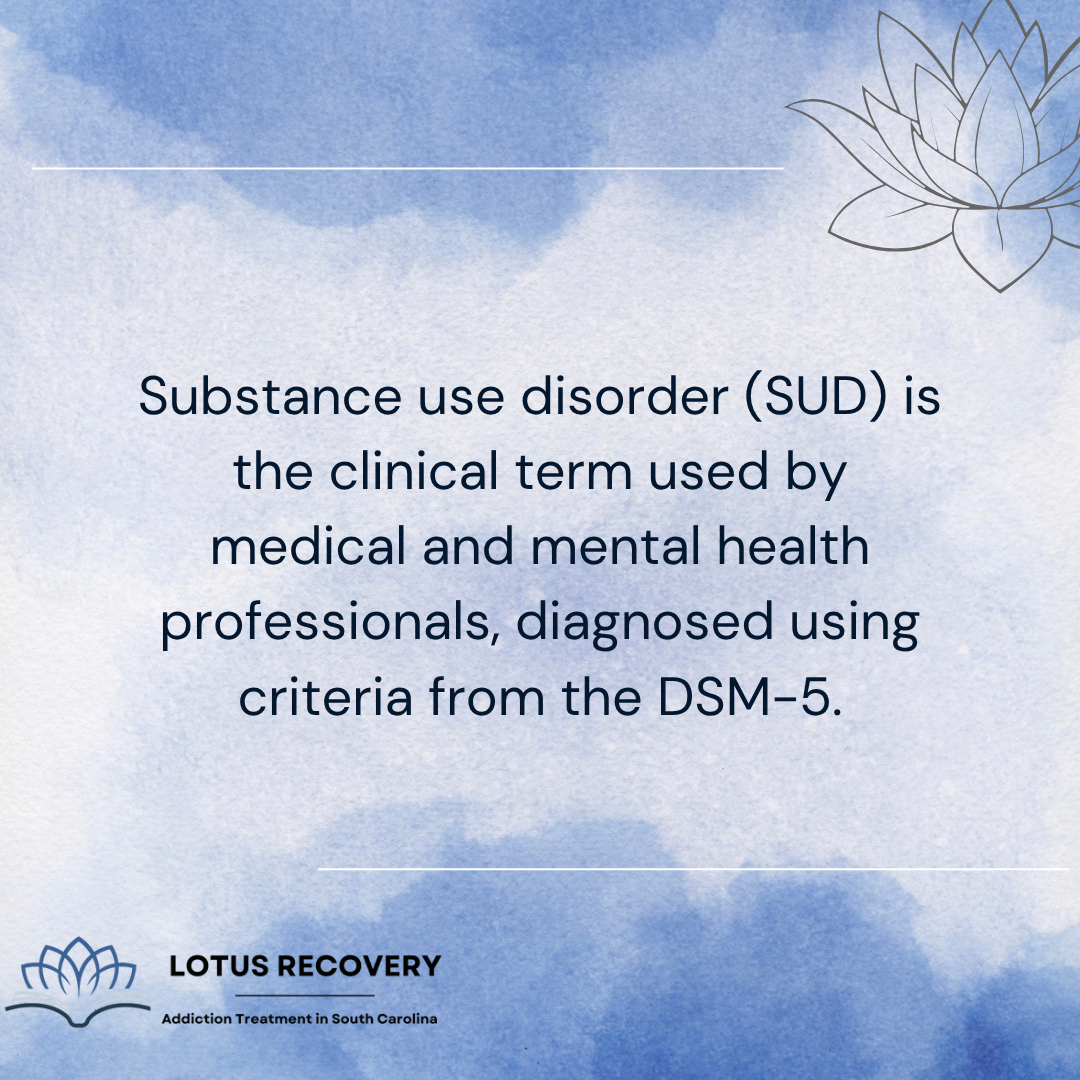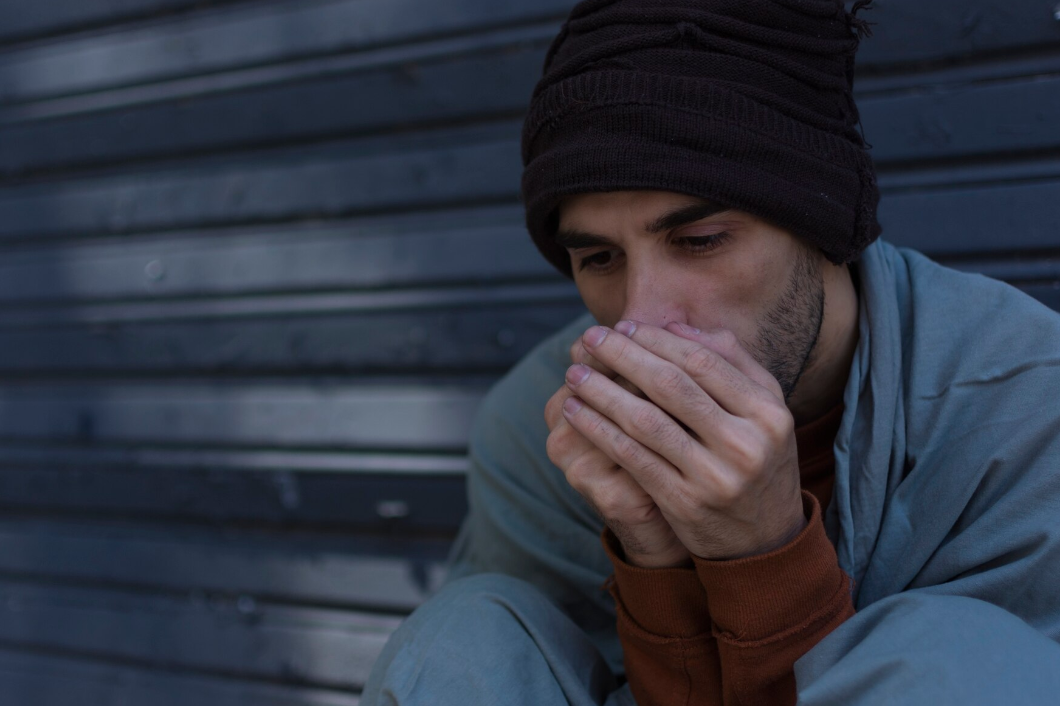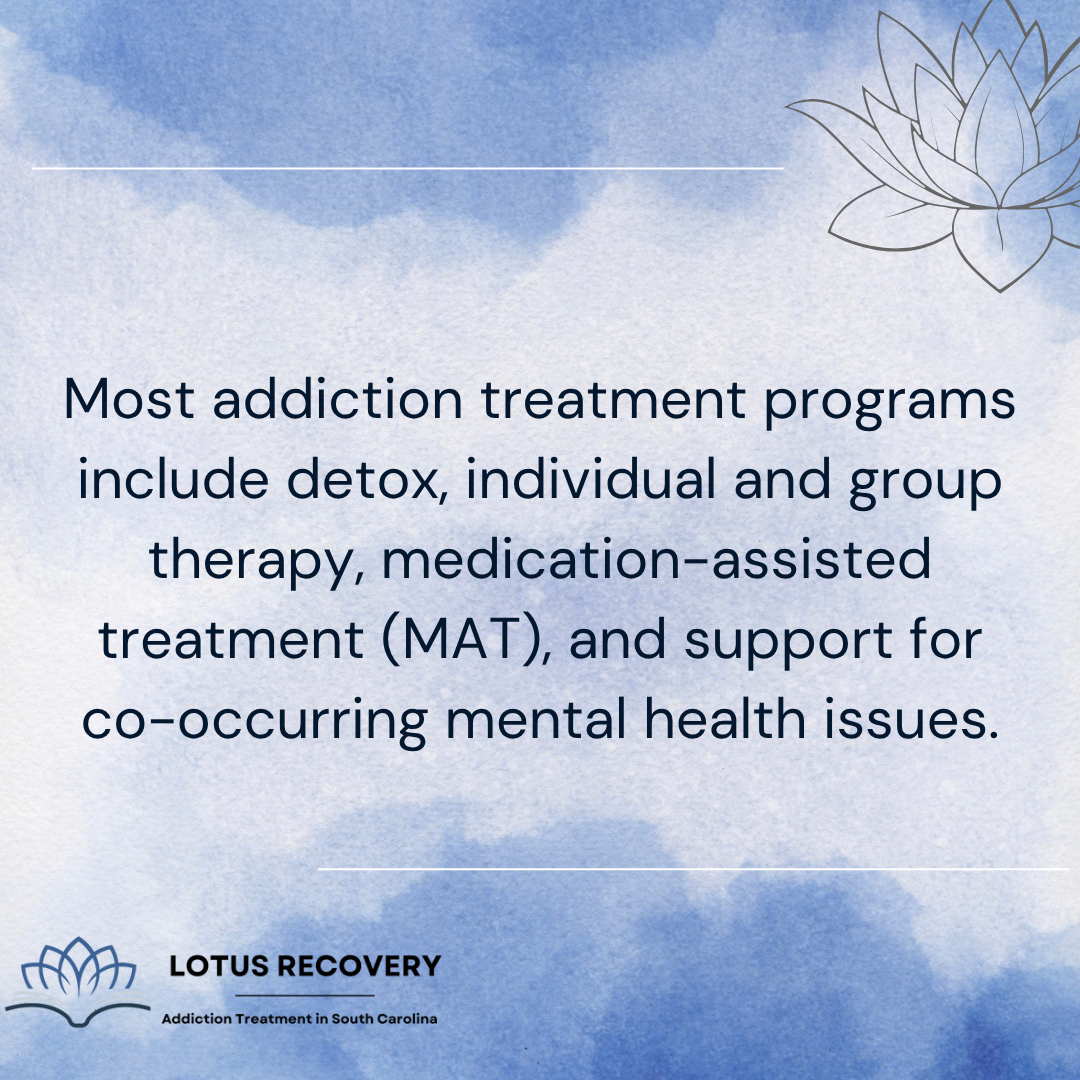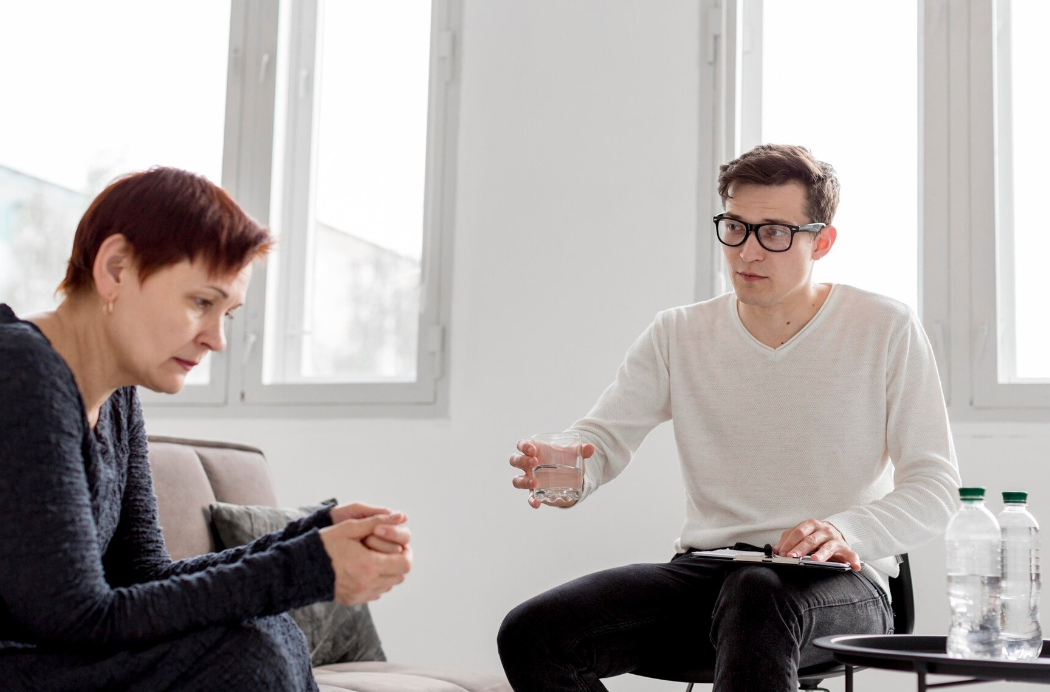
Understand the answer to “Is addiction and substance use disorder the same?” Learn why the distinction matters for treatment and recovery success.
People often say the words “addiction” and “substance use disorder” like they mean the exact same thing. But is addiction and substance use disorder the same?
While they’re often used interchangeably, they don’t always refer to the same experience or the same level of clinical care. Understanding the difference isn’t just about language. After all, it affects how people get diagnosed, how they’re treated, and how they understand what they’re actually facing.
Want to know the difference? Keep reading! This blog will explain the difference between addiction and substance use disorder while introducing you to professional support available at addiction treatment centers in South Carolina.

Is addiction and substance use disorder the same? Technically, no. Nonetheless, they’re closely connected.
Addiction is the more familiar, everyday word. It describes compulsive drug or alcohol use, intense cravings, and a loss of control even when there are negative consequences. People often use it to describe behavior that feels out of hand or impossible to stop.
Substance use disorder (SUD) is the clinical term used by medical and mental health professionals, diagnosed using criteria from the DSM-5. These criteria look at things like how often someone uses, how it affects their life, and whether they’ve tried to quit.
These two terms overlap.
In fact, addiction falls under the umbrella of SUD. However, not everyone with SUD meets the criteria for severe or full-blown addiction. SUD is categorized by levels: mild, moderate, or severe, depending on how many symptoms are present.

Ask any South Carolina addiction treatment center, and they’d agree: The words we use shape how we understand a problem and how we treat it.
While “addiction” is widely recognized, professionals in treatment settings rely on “substance use disorder” (SUD) for clinical assessments, treatment planning, and insurance coverage.
Knowing the terminology helps you better navigate the system. Whether you're seeking help for yourself or supporting someone else, understanding what SUD actually means can make conversations with providers more effective.
There’s also the stigma factor. “Addiction” often comes with judgment, shame, or misunderstanding. “SUD,” on the other hand, is a clinical term. It’s less emotional, more focused on the condition, not the person. For many, that shift in language can make it easier to ask for help.
Now that you’ve learned the answer to “Is addiction and substance use disorder the same,” it’s important to shift focus to another vital thing: recognizing when it’s time to seek help.
Here’s what to watch for:
Persistent cravings, withdrawal symptoms, or repeated failed attempts to quit are signs that willpower alone isn’t enough. If you’ve told yourself “this is the last time” more than once, and it never is, it’s time to take that pattern seriously.
If work, relationships, or your physical and mental health are starting to suffer, you have to be alarmed. Losing focus, pulling away from people, or missing responsibilities are all red flags that shouldn’t be ignored.
Whether it’s legal trouble, health scares, or emotional fallout, continuing to use despite the damage is a major red flag. When the cost keeps rising but the behavior doesn’t change, outside help becomes critical.
No matter which term you use, both point to the same need: genuine support. Connecting with a trusted drug rehab program can help you take back control and start making real changes.

Once you recognize the signs, the next step is finding the right kind of help. Addiction treatment centers in South Carolina offer more than just a place to “get clean.” They provide tailored care that meets you where you are.

In this blog, you learned the answer to, “Is addiction and substance use disorder the same?”
Understanding the difference between addiction and substance use disorder matters. Apart from truly learning the terminology, it pays to know what you’re dealing with and how to get the right help. Whether you relate more to the clinical term or the everyday language, what matters most is recognizing the signs and taking action.
Looking for a trusted Myrtle Beach treatment center? At Lotus Recovery, you’ll find personalized support, no matter which stage you are in. Let us help you out, and get in touch with us today!

Reviewer
Henna is a content strategist with over 5 years of experience in behavioral health marketing. She specializes in creating informed, compassionate content for addiction treatment centers, using her deep understanding of the industry to educate, engage, and support individuals seeking recovery.